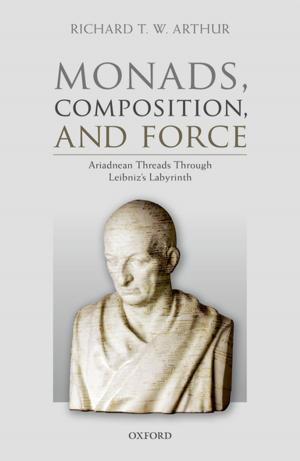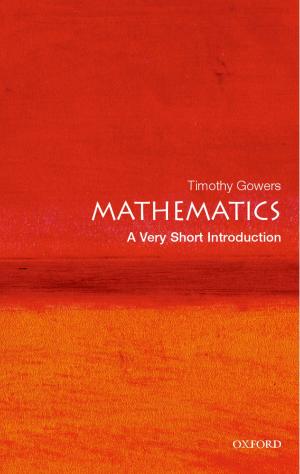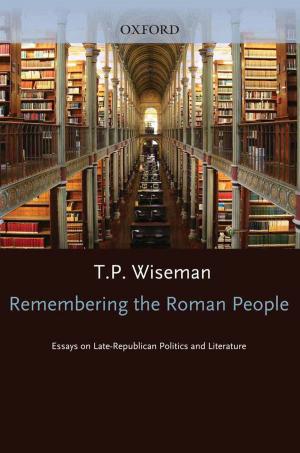The Demonic in the Political Thought of Eusebius of Caesarea
Nonfiction, Religion & Spirituality, Christianity, Church, Church History, Philosophy| Author: | Hazel Johannessen | ISBN: | 9780191091049 |
| Publisher: | OUP Oxford | Publication: | September 22, 2016 |
| Imprint: | OUP Oxford | Language: | English |
| Author: | Hazel Johannessen |
| ISBN: | 9780191091049 |
| Publisher: | OUP Oxford |
| Publication: | September 22, 2016 |
| Imprint: | OUP Oxford |
| Language: | English |
The Demonic in the Political Thought of Eusebius of Caesarea explores how Eusebius of Caesarea's ideas about demons interacted with and helped to shape his thought on other topics, particularly political topics Hazel Johannessen builds on and complements recent work on early Christian and early modern demonology. Eusebius' political thought has long drawn the attention of scholars who have identified in some of his works the foundations of later Byzantine theories of kingship. However, Eusebius' political thought has not previously been examined in the light of his views on demons. Moreover, despite frequent references to demons throughout many of Eusebius' works, there has been no comprehensive study of Eusebius' views on demons, until now, as expressed throughout a range of his works. The originality of this study lies both in an initial examination of Eusebius' views on demons and their place in his cosmology, and in the application of the insights derived from this to consideration of his political thought. As a result of this new perspective, Johannessen challenges scholars' traditional characterization of Eusebius as a triumphal optimist. Instead, she draws attention to his concerns about a continuing demonic threat, capable of disrupting humankind's salvation, and presents Eusebius as a more cautious figure than the one familiar to late antique scholarship.
The Demonic in the Political Thought of Eusebius of Caesarea explores how Eusebius of Caesarea's ideas about demons interacted with and helped to shape his thought on other topics, particularly political topics Hazel Johannessen builds on and complements recent work on early Christian and early modern demonology. Eusebius' political thought has long drawn the attention of scholars who have identified in some of his works the foundations of later Byzantine theories of kingship. However, Eusebius' political thought has not previously been examined in the light of his views on demons. Moreover, despite frequent references to demons throughout many of Eusebius' works, there has been no comprehensive study of Eusebius' views on demons, until now, as expressed throughout a range of his works. The originality of this study lies both in an initial examination of Eusebius' views on demons and their place in his cosmology, and in the application of the insights derived from this to consideration of his political thought. As a result of this new perspective, Johannessen challenges scholars' traditional characterization of Eusebius as a triumphal optimist. Instead, she draws attention to his concerns about a continuing demonic threat, capable of disrupting humankind's salvation, and presents Eusebius as a more cautious figure than the one familiar to late antique scholarship.















